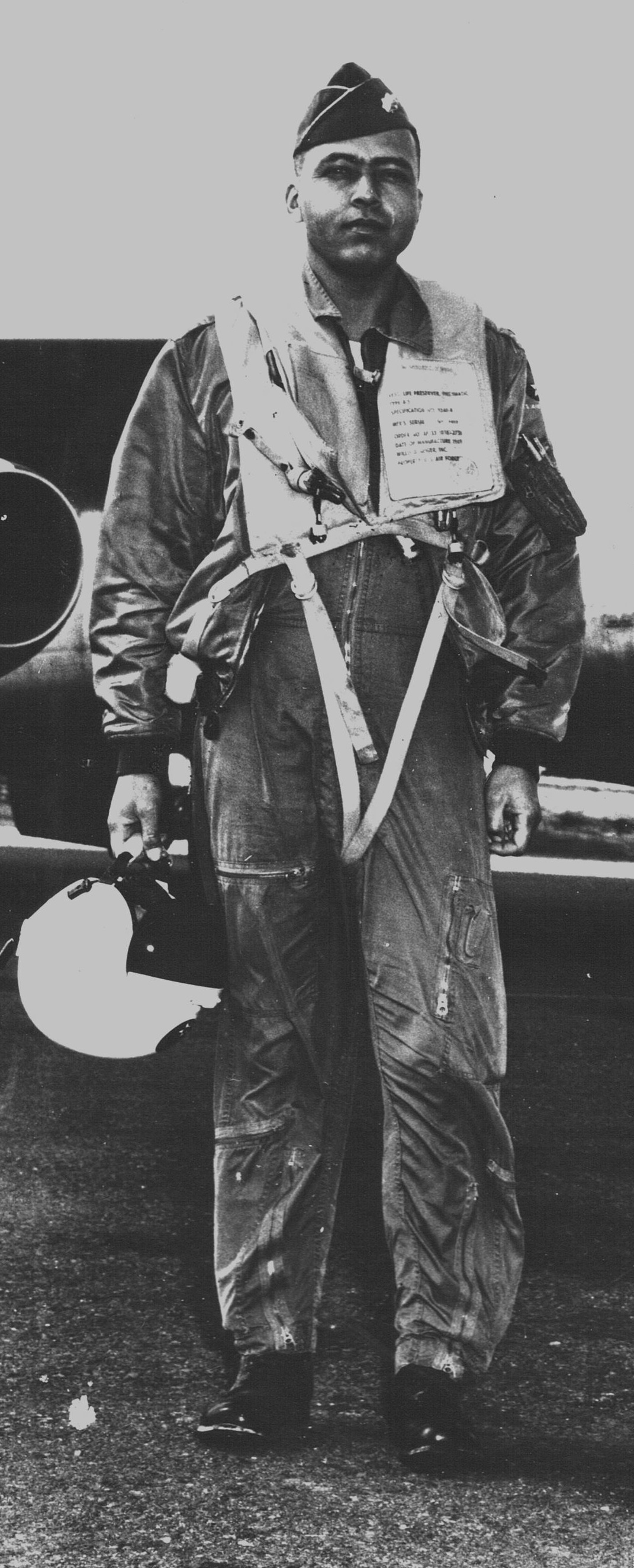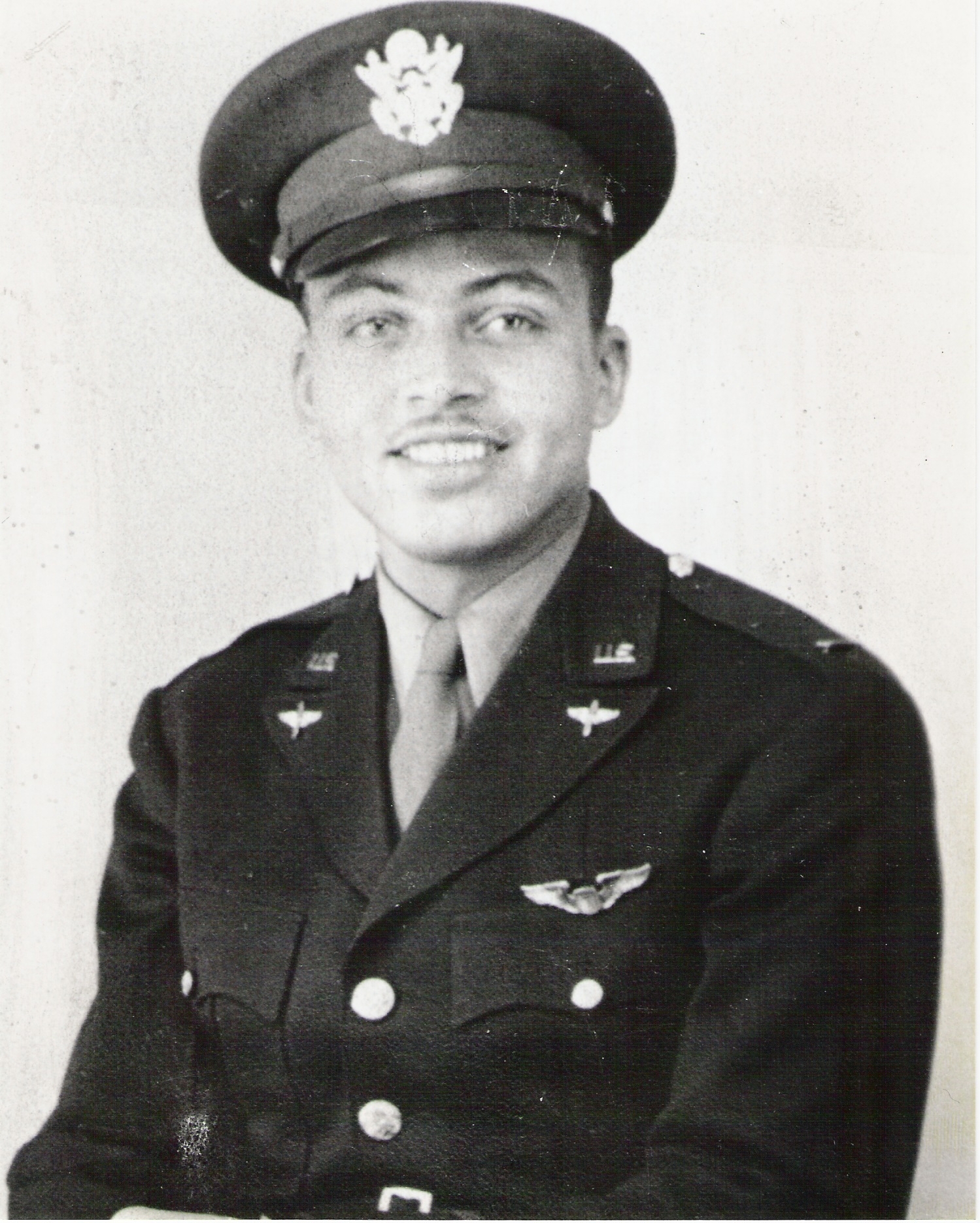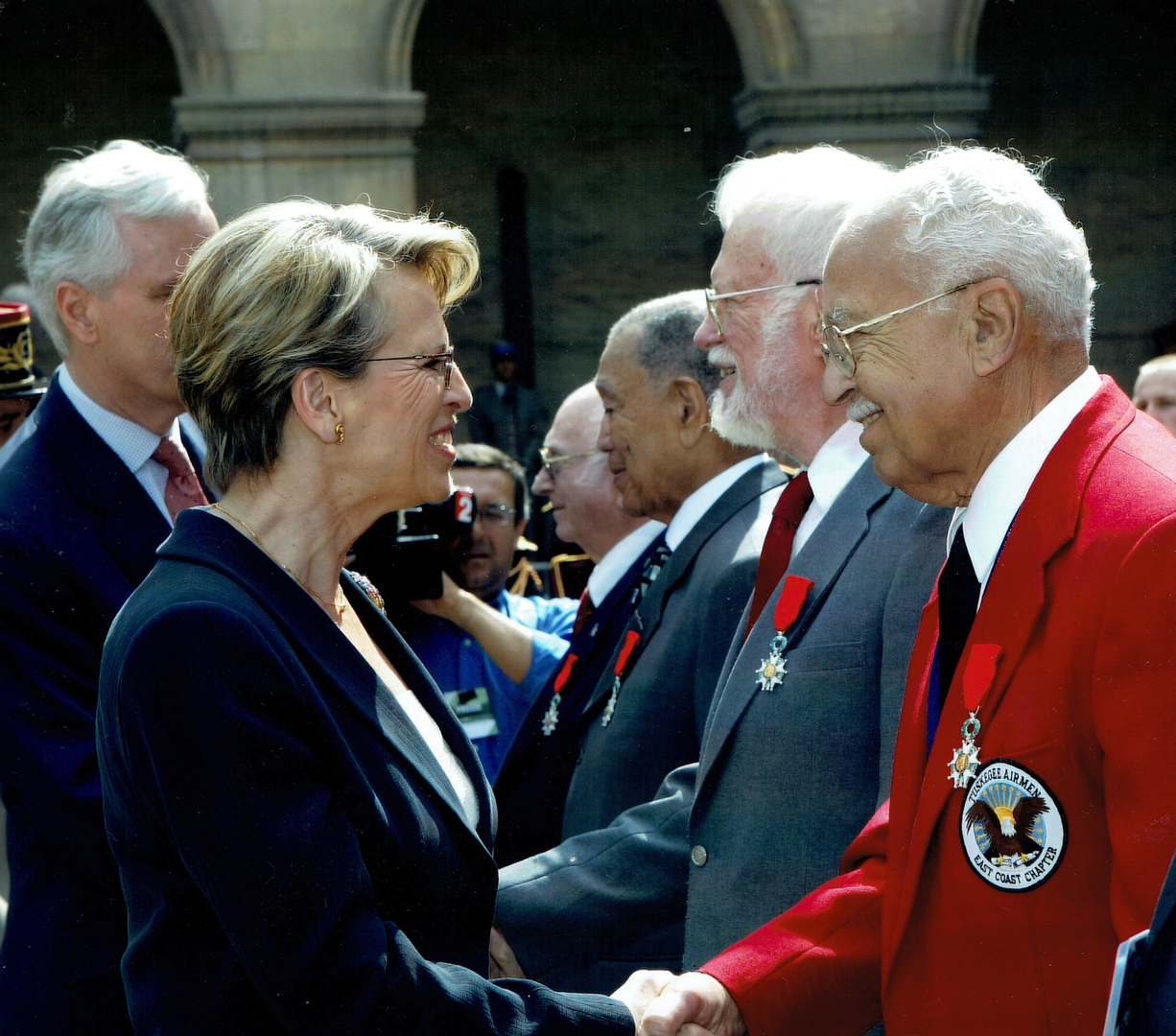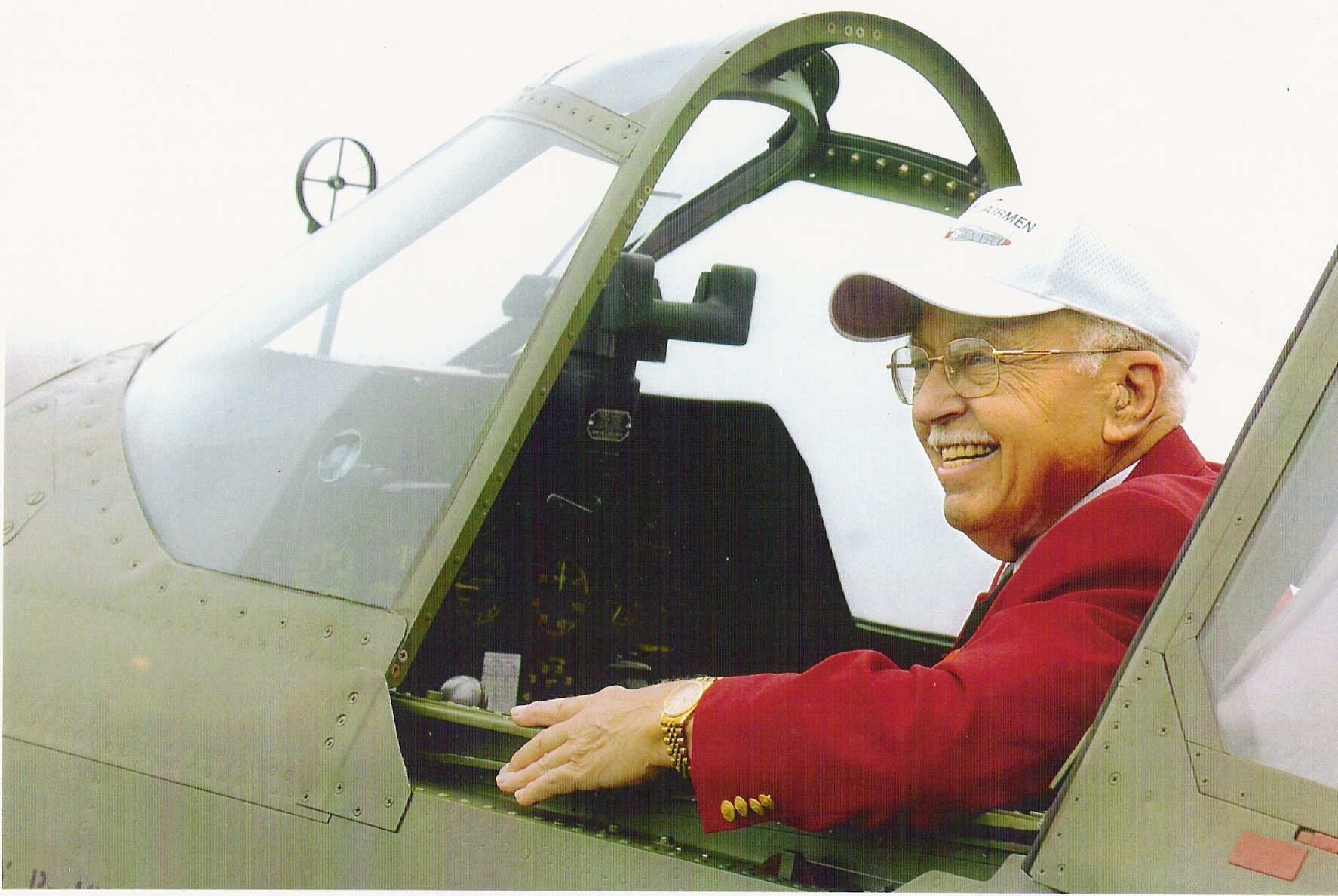Meet Tuskegee Airman Lt. Colonel Howard Baugh
Richard Baugh spent most of his childhood not really understanding his father’s job. He knew his father was a pilot in the military during World War II and had a long career serving after, but Richard and his two older brothers never really grasped what exactly that meant.
It wasn’t until his oldest brother graduated from ROTC and was in pilot school that Richard discovered his father, Lt. Colonel Howard Baugh, was a Distinguished Original Tuskegee Airmen. It was one of his brothers’ military instructors who pointed it out to him.
Baugh’s reasoning for never telling his sons of his achievements? “You never asked,” he’d say.
Richard said his dad wasn’t the type of person to brag about himself.
“We would ask Dad and he, if you asked him a direct question, he'd answer you,” Richard said. “But he didn't go around, you know, pounding his chest, saying, ‘I'm a Tuskegee Airman. I fought World War II. I flew 136 missions’ … He didn't do that stuff, and neither did any of his counterparts whether they were black or white.”

Lt. Colonel Howard Baugh was born and raised in Petersburg, Virginia and graduated from Virginia State College in 1941. It was around this time that the United States was preparing for the potential of another World War and needed troops.
Because African Americans weren’t allowed to fly in the military, Secretary of the Army Henry L. Stimson authorized the formation of a Black pursuit squadron called the 99th Pursuit Squadron. And on March 22, 1941 President Franklin Delano Roosevelt officially activated the all-Black World War II fighter squadron now known as the Tuskegee Airmen.
After graduating from Virginia State College, Baugh enlisted in the U.S. Army as an aviation cadet of the U.S. Army Air Corps in March 1942. He was then accepted to be a Tuskegee Airmen at Tuskegee Institute in Alabama.
In November of 1942, Baugh was commissioned as a second lieutenant and was deployed to Sicily. Typically, pilots flew 50 or so combat missions and were then rotated out and sent back to the states. Not Baugh.

During his time fighting in World War II, Baugh flew 136 combat missions, over twice as many combat missions as his white counterparts. Baugh flew for the 332nd fighter group, 99th fighter squadron in Sicily, and this group was nicknamed the Redtails.
After World War II, Baugh continued to serve in the military as a flight instructor, commander, and director of logistics. He rose to the rank of lieutenant colonel and retired from the U.S. Air Force in 1967.
“I think he was very proud of the accomplishments, of not himself but of The Tuskegee Airmen,” Richard Baugh said. “And any opportunity he had to preserve the legacy created that and spread the word, he embraced that and was good at it.”
In total, Baugh was awarded The Distinguished Flying Cross, The Air Medal with three Oak Leaf Clusters, The Air Force Medal and The Air Force Outstanding Unit Award.
After serving 25 years in the military, Baugh worked another 16 years with Eastman Kodak Company. Once he retired, Baugh headed back to Petersburg, Virginia and dedicated much of his time to educating the public on the Tuskegee Airmen.
“You know, people liked him,” Richard said. “You know, he talked, they'd invite him back. I do talks. I don't always get invited back, but you know, that's OK. He had his style, and he could endear himself to people, no matter how big the group was. If it was one-on-one or is one out of 1000.”

The best of PBS, straight to your inbox.
Be the first to know about what to watch, exclusive previews, and updates from PBS.

For Howard Bough, serving in the military was just something you did for your country. Whether Black or white, Richard said his father, and many other soldiers, believed it was just something you did.
“They saw it as their duty,” he said. “You know, why would people fight for a country that treated them like second class citizens? And dad's answer was, and usually the common answer was, ‘This is our country, the only country we know.’”
Howard died in 2008 at 80 years old and is buried at Arlington National Cemetery, but his legacy lives on. His son Richard continues to research and learn more about the Tuskegee Airmen as well as educate others about the great sacrifices they made for our country.
Throughout the month of February and up until the Tuskegee Airmen’s 81st anniversary in March, we’re highlighting individual airmen and their journeys. You can learn more about the Tuskegee Airmen here.
